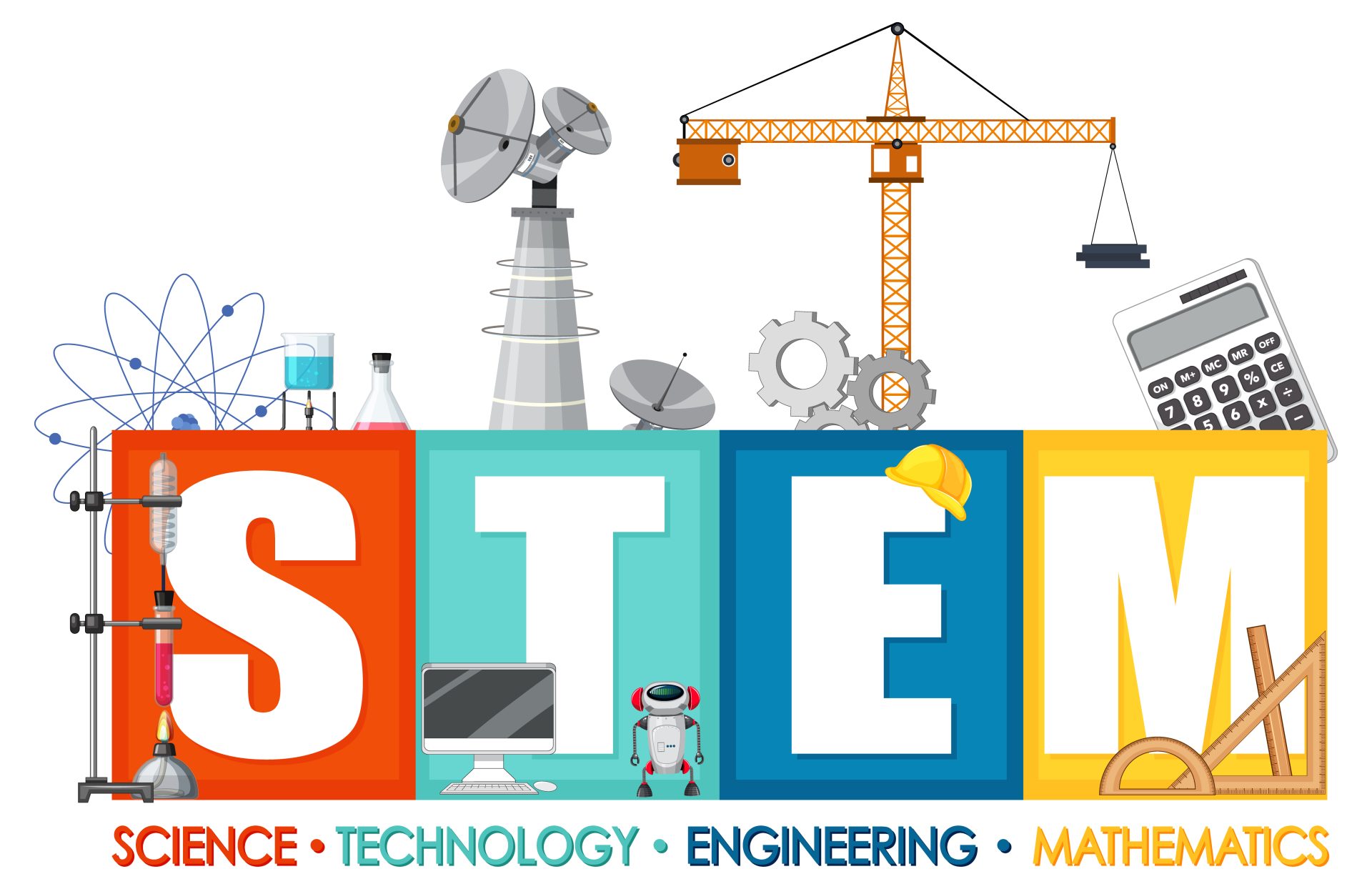Contents
- 1 What Are the Key Components of the Grade 11 English Language Arts Curriculum?
- 2 How to Analyze Informational Texts in 11th Grade English?
- 3 What Grammar Skills Should Students Master in 11th Grade English?
- 4 How to Develop Effective Reading Strategies for Grade 11?
- 5 What Types of Texts Are Included in the 11th Grade English Language Arts Curriculum?
Homeschooling has become the choice of over three million families in the United States this year, according to Brighterly. One of the biggest challenges facing parents in homeschooling is how to conduct a lesson effectively with children, even in high school.

11th grade English Language Arts (ELA) curriculum is a structured educational plan designed to develop advanced reading, writing, speaking, and critical thinking skills. Let’s learn more about this curriculum.
What Are the Key Components of the Grade 11 English Language Arts Curriculum?
Let’s explore the main elements of the Grade 11 ELA curriculum in detail.

Understanding the 11th Grade English Standards
Students focus on reading advanced texts to develop analytical skills. Children learn how tools like symbolism and tone make writing more powerful. Writing focuses on creating clear arguments with evidence from texts. Group discussions and speeches help students improve their communication skills.
Core Elements of the English Language Arts Curriculum
Children study classic and modern works to see different ideas and perspectives. Lessons dive into themes, characters, and the meaning behind stories. Students write essays, creative projects, and research papers.
Integration of Common Core State Standards
The Common Core standards outline what eleventh graders learn in reading, writing, speaking, and listening. These standards emphasize analyzing texts, writing arguments, and completing research projects. Find more details here. You can always reach out to the experts at Legacy Online School, who will be happy to clarify how to integrate these standards for you.

How to Analyze Informational Texts in 11th Grade English?
“The goal of language arts is to be able to use a language proficiently in order to communicate an idea”
Sonya Shafer, Simply Charlotte Mason

Let’s explore how 11th-grade students can effectively analyze informational texts.
Strategies for Analyzing Nonfiction Texts
These strategies can help students break down and understand nonfiction texts effectively:
- Identify the main idea, which reflects the author’s key message, using titles and topic sentences
- Determine the author’s purpose, which reveals whether the text is meant to inform, persuade, or explain key points
- Analyze the evidence, which includes facts, data, or examples the author uses to support their argument
- Understand the text structure, which shows how ideas connect through comparison, description, or problem-solving
- Evaluate the author’s bias, which can influence the text through language or strong subjective opinions
Identifying Rhetorical Devices in Informational Texts
Students learn to spot rhetorical devices like ethos, pathos, and logos in texts. Finding repetition, metaphors, or rhetorical questions helps children see how authors emphasize ideas. Understanding these tools lets students uncover the author’s purpose and message. This skill improves children’s ability to analyze and critique texts.
Using Supporting Evidence to Strengthen Analysis
Students use quotes and examples from the text to support their arguments. Adding specific evidence makes children’s analysis stronger and more believable. Eleventh-graders compare details from different sources to find patterns or differences. Using solid evidence helps children create clear and convincing arguments.
What Grammar Skills Should Students Master in 11th Grade English?
Let’s look at the key grammar skills students learn in 11th grade English.

Essential Grammar Rules for 11th Grade Language Arts
Eleventh graders focus on advanced grammar, including subject-verb agreement in complex sentences. Children learn proper punctuation for clauses and quotation use in essays. Understanding active and passive voice improves sentence clarity and style. These rules help students write polished and effective academic papers.
Common Mistakes in Word Choice and Phrase Structure
Students confuse homophones like “affect” and “effect”, leading to unclear meaning. Misplaced modifiers create awkward or confusing sentences. Children learn to avoid redundant phrases and improve sentence flow.
Techniques for Revising Grammar in Writing
Proofreading helps students catch errors in tense, agreement, or punctuation. Reading essays aloud highlights awkward phrasing and run-on sentences. Using grammar tools ensures final drafts are error-free and polished. Revising builds stronger writing habits and improves overall quality.
How to Develop Effective Reading Strategies for Grade 11?
Let’s look at how stuents can build strong reading strategies for better understanding.

Reading Comprehension Techniques for English Language Arts
Eleventh graders focus on breaking down complex texts into smaller, manageable parts. Summarizing paragraphs helps children track main ideas and key details. Asking questions about the text improves critical thinking and engagement. Annotating while reading highlights important themes and arguments.
Utilizing Multimedia Resources to Enhance Understanding
Students use videos, podcasts, and articles to support what they read in class. Multimedia tools help children explain difficult concepts through visual and audio aids. Combining these resources with texts gives students a broader perspective. Eleventh graders learn to connect multiple formats for deeper learning.
Strategies for Determining the Meaning of Words in Context
Students look at surrounding words and phrases to figure out unfamiliar terms. Identifying prefixes and suffixes helps children understand new vocabulary. Using synonyms or antonyms in the sentence provides extra clues. Practicing these skills improves students’ ability to read and understand advanced texts.
What Types of Texts Are Included in the 11th Grade English Language Arts Curriculum?
Let’s look at the types of texts students read in ELA class.

Exploring Works of American Literature
Eleventh graders read classic and contemporary works of American literature to examine themes like identity and freedom. Authors, such as Mark Twain and Francis Scott Fitzgerald, highlight significant cultural and historical shifts. These texts encourage students to connect literature with real-world events and ideas.
Understanding the Role of Drama and Shakespeare in the Curriculum
Drama introduces students to universal themes such as ambition and morality. The works of William Shakespeare, including Macbeth and Hamlet, offer lessons in complex characters and poetic language. Performing or analyzing plays improves critical thinking and communication skills. These texts challenge students to interpret symbolism and historical influences.
Incorporating Informational Texts into the Classroom
Students engage with essays, speeches, and articles to build research and analytical skills. Informational texts link classroom learning to historical and current events. Analyzing arguments and supporting evidence strengthens critical thinking abilities. These readings provide a balance between creative literature and fact-based learning.











